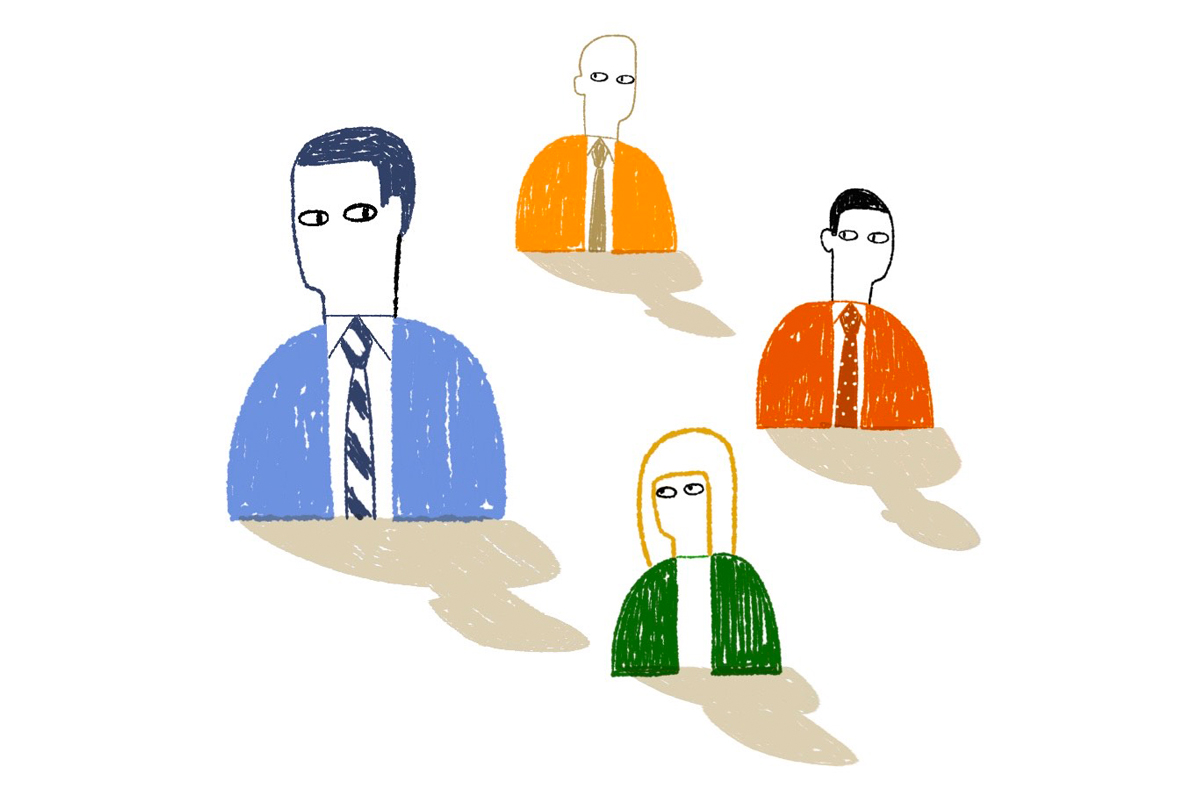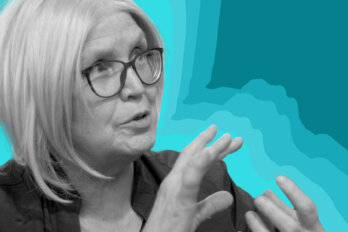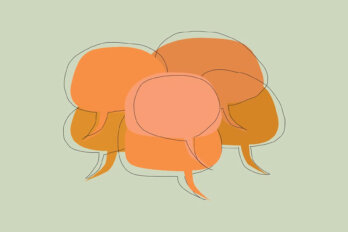
POLITICS / NOVEMBER 2024
Poilievre a Polarizer? Are You Serious?
By any credible metric, the most profound source of national enmity is the current prime minister
BY JEN GERSON
ILLUSTRATION BY JAMIE BENNETT
Published 7:43, SEP. 18, 2024
I must admit that when this fine magazine asked me to write a column examining a Pierre Poilievre victory and its impact on national polarization, my eyes did roll three degrees to the side. My concerns with such an outcome aside—I’ll get to those presently—who do we imagine is the leading driver of polarization right now?
By any credible objective metric, the most profound source of national enmity is the current prime minister, Justin Trudeau. He and his party have consistently been behind in the polls by astonishing margins for more than a year. One recent poll suggests that as many as 68 percent of Canadians want the man gone. As I sit to write, my feed is pinged by news that the mere mention of Trudeau’s name by Mick Jagger prompted boos at a concert by the Rolling Stones—in Vancouver. I recently stayed at a lovely Airbnb that was amply supplied with Trudeau toilet paper placed unobtrusively next to the toilet.
Polarization? Poilievre?
By the mere virtue of being a breathing alternative to Trudeau, Poilievre is practically a unity candidate at this point.
My concern with Poilievre isn’t that he’s polarizing but, rather, like Trudeau before him, that he’s unserious. That Poilievre is Trudeau’s Conservative foil, the inevitable living consequence of Trudeau’s own history of divisive politics gussied up by a dead language of correct values espoused but not upheld. What I fear from a Conservative leader is not some radical change but, rather, more of the same: wedge politics and symbolic gestures, a vacuous ship’s captain heading into deeper ocean currents, ignoring signs of rot in the hull and a long overdue spell in dry dock.
This country is facing significant challenges: allegations of foreign interference, stalling productivity, collapsing health care, immigration, housing, an opioid epidemic, an increase in the cost of living, crumbling military, and general institutional decline. Canadians can no longer luxuriate in petty political bun fights and social programming like “national pharmacare” that covers only two kinds of drugs. The world is getting meaner and harder. We’re going to have to set real priorities and be willing to make hard choices. It means we’re going to have to figure out who our allies are, decide how and where to spend limited resources, and be willing to say no when our ambitions exceed our reach. In short, we’re going to need leaders who are serious people.
Prompted by fears surrounding the rise of Donald Trump in the US, Canadian pundits and political scientists have spent much time fixating on the rise of populism at home. Some of this concern is grounded and reasonable and correctly identifies problems with decline in social cohesion and institutional trust. Some of it is hysterical and too often forgets that populism isn’t a new feature of Canadian politics. Everything from the rise of the Reform Party to the creation of the NDP was the result of the inevitable populism that is born from geographic and economic alienation. Regardless, my take is that Poilievre is more of an opportunist than a true populist. He does not shy away from exploiting disgust with governing elites—as he did when he peddled anti–World Economic Forum conspiracy theories during the Conservative leadership race in 2022.
In reality, however, Poilievre was elected to Parliament at the age of twenty-five and has spent his entire career representing an Ottawa constituency. He’s neither authoritarian nor credibly anti-institutional. His political instincts lean toward libertarianism (which champions absolute personal freedom and minimal government) rather than the centralization of power. And while it may be fair to characterize Poilievre as a reformer of institutions, I don’t see any evidence of a man hell-bent on destroying Parliament or the courts or democracy itself. Rather, I suspect any changes he does make while in power will be seen by him to be a restoration of institutions to more historically grounded functions within Confederation. The CBC notwithstanding.
And while I do think he deserves credit for his intelligence and political savvy, my concern is that what we’re going to get with a Prime Minister Poilievre is a sharper version of Trudeau, merely tuned to the opposite frequency. I think he’s someone who will make offerings of shallow words and empty gestures to a base of people who will delight in taking revenge for the past nine years of ineffectual government. Memes all the way down.
I see a man who enjoys annoying his ideological enemies, who revels in a sparring match and gets off on scoring the good quip during question period in the House of Commons.
In and of itself, this personality trait is fine. No prime minister has an obligation to be nice or make everybody feel good. In fact, this country could probably use a little less pointless feels and a little more straight talk and scrappy nature. But that can’t be all that he has to offer. Actually leading a country must mean identifying real problems, enacting meaningful reforms, and setting realistic priorities. Priorities that will mean saying yes to ideological opponents and no to politically aligned friends. Can Poilievre do this?
Poilievre acts as if he understands. In March, in an address to the Greater Vancouver Board of Trade, he castigated the Ottawa lobbying class as “utterly useless,” warning them that a Conservative government will pry itself from its parasitic hold. I will believe he is actually serious when he takes that threat to its logical conclusion and, for example, pulls the plug on Canada’s vestigial supply management system, which maintains an artificially high price for dairy and chicken products.
In April of this year, polling firm Ipsos compiled research into the state of Canadians. In it, they found a startling shift in post-pandemic attitudes, marked by a decline in optimism. This is a country that is coming to terms with the fact that very bad things can happen—one that is losing faith in its institutions’ abilities to solve big problems or to react to future catastrophes. Consequently, the Ipsos polling found that a focus on the collective good is evolving into something else—a greater desire for individualism, autonomy, and self-control. Likewise, these attitudinal shifts are increasingly being reflected in declines in behaviours like volunteering or donating to charity.
These attitudes and behaviours are also, in part, the result of growing economic insecurity. If people need to work harder to get by, it stands to reason that they will have less time to volunteer and less disposable income to donate to charity. Regardless, this attitudinal shift favours a more conservative party—a party more ideologically aligned to individualism, for example. This will be even truer if that party is fixated on Maslow’s hierarchy of needs: i.e., food, housing, and basic safety and security.
Canada will not retain its long-term prosperity and security if we stay complacent. The country cannot afford another decade of petty, self-involved leadership, regardless of which party unfurls the banners at the top. The Liberals cannot fix this. That’s clear.
The problem is that I don’t know that the Conservatives can either.




